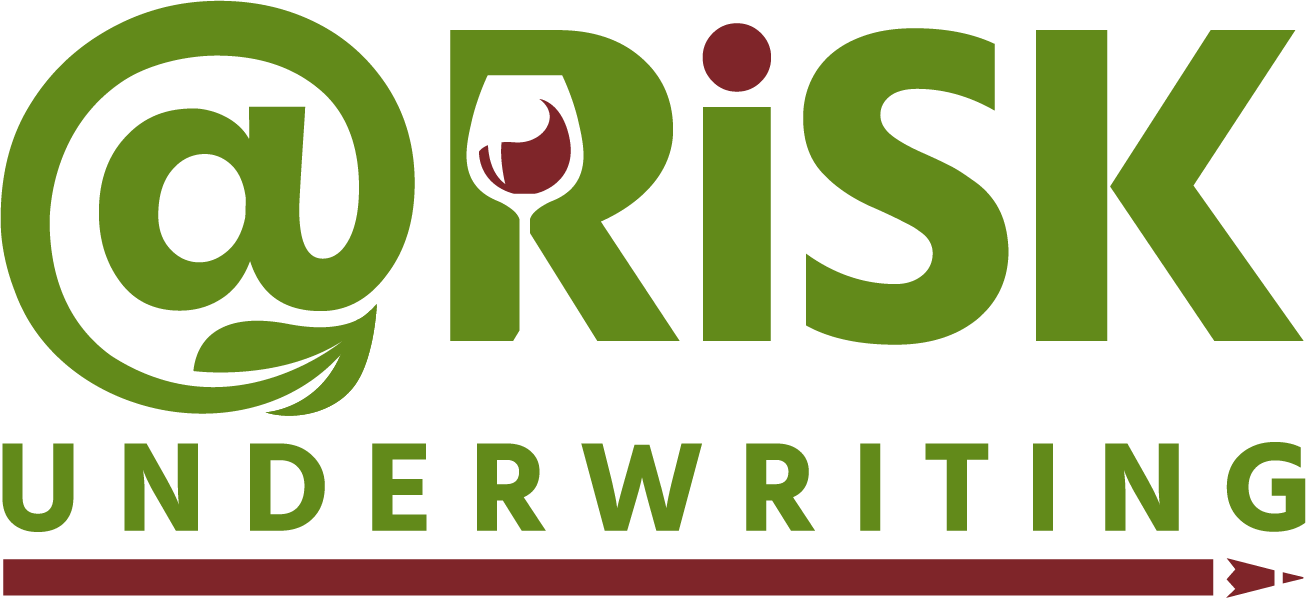With Product Recalls on the rise, are recall extensions strong enough to protect the company from potential catastrophe or should clients consider a Product Contamination policy to help maintain business stability and continuity?
Food recalls can be costly and logistically complex, not to mention damaging to a company’s reputation. Whether it is a result of a criminal act or simply human error, it is occurring at an alarming frequency in Australia. Companies that fall victim to these incidents often incur staggering costs in damage control including restoration of profit and brand reputation. When a recall incident occurs, it can attract media attention which can have a disastrous impact on the public’s confidence in the affected product or brand.
The food and beverage industry is often confronted with challenges, some predictable and at other times unforeseen. Major contributing factors to recent recalls include deficiencies in the food production and monitoring processes such as non-compliance with current Good Manufacturing Practices (GMPs), failure to maintain food processing facilities and equipment, non-compliance with their own standard operating procedures, weaknesses in the Hazard analysis and Critical Control Points (HACCP) analysis and inability to track products through their supply chain.
Companies are turning toward finding solutions to protect themselves. Some businesses are turning to a recall expense extension under a standard product liability insurance policy, though this endorsement acts as nothing more than to indemnify the expenses associated with a recall and is not intended to provide a wide and comprehensive coverage protecting the company from potential disaster.
In 2015, a salmonella outbreak was traced to pre-packed salad produced by Tripod Farmers resulting in both Coles and Woolworths conducting a mass recall of the product. According to The Sydney Morning Herald article dated February 6, 2016, ‘Up to 100 people nationwide may now be affected by the salmonella outbreak linked to pre-packaged salad sold at Coles and Woolworths’.
At the time of the loss, the insured depended on the recall endorsement in the liability policy, but this unfortunately was not enough to alleviate the disaster they were facing. In an article within the Financial Review dated 14 November, 2018, it was claimed that ‘the recall had cost the company more than $15 million in total economic losses’ with action taken out against both the broker and insurer.
These add-on endorsements provide lower cost product recall expense coverage than a stand-alone product recall policy. The cost of a recall policy is a small price to pay when you compare it to the potential disaster businesses are confronted with.
A recall policy provides a more comprehensive solution:
➢ Advertising and promotional costs to launch the recall.
➢ Shipping costs to collect recall product.
➢ Third Party Recall costs.
➢ Product replacement and distribution costs.
➢ Loss of Gross Profit, up to 18 months indemnity.
➢ Reputation repair and management costs.
➢ Coverage for Customer Loss of Profits.
➢ Crisis response and consulting expenses, including public relations and recall consultants.
Whether you are a manufacturer, wholesaler, or retailer in the food and beverage industry, @RISK Underwriting provides coverage appropriate for your risk and provide entities with the freedom to focus and concentrate on building a successful and sustainable business.


Recent Comments